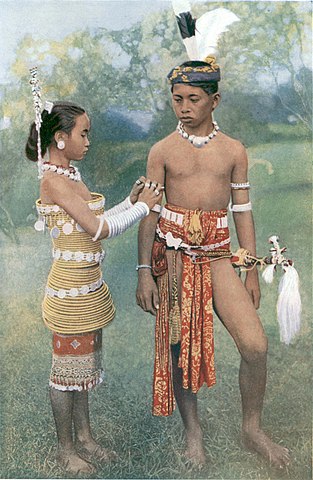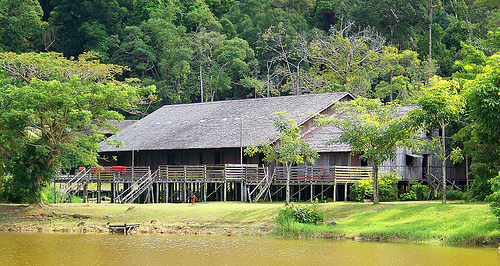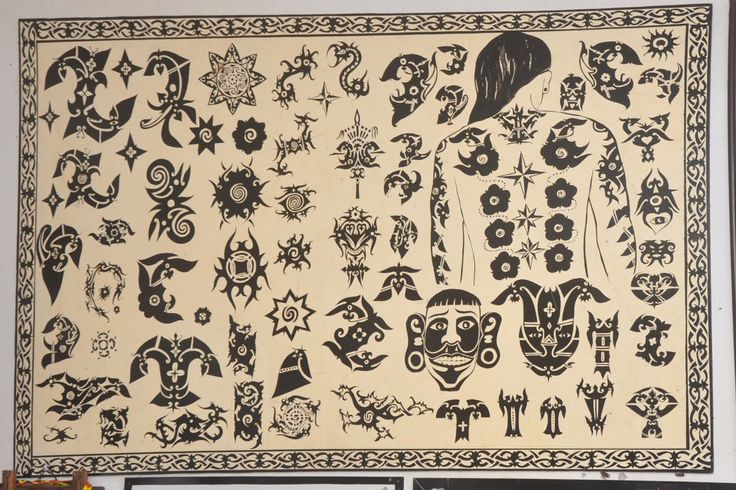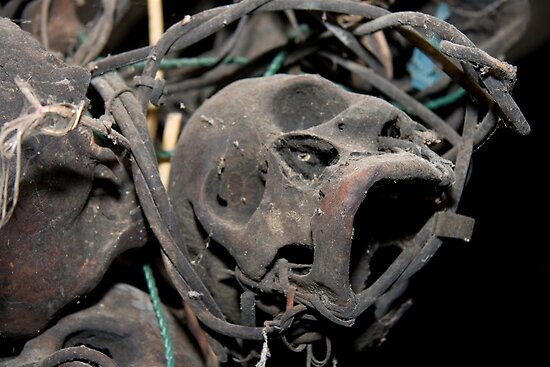Huh, I never knew how close the two systems were. Weird how the Indian Civil Service didn't allow that much Indians into the system though; The Sarawak Service ended up being mostly run by Sarawakians by the early 20th century.
True, the Indian Civil Service was more European-dominated (I don't believe Indians ever formed a majority at the elite level, although they did at the provincial level). There were Indian district officers even in the 19th century but they were few. I expect the Sarawakians to be better represented in Brooke's civil service, but the qualification process and the probationary training in local languages, law and culture are very similar to what the elite Raj officials went through. I actually wonder now whether some of the ICS' founders used Sarawak as an example, although the similarities might simply be due to the practicalities of governing these diverse areas.



